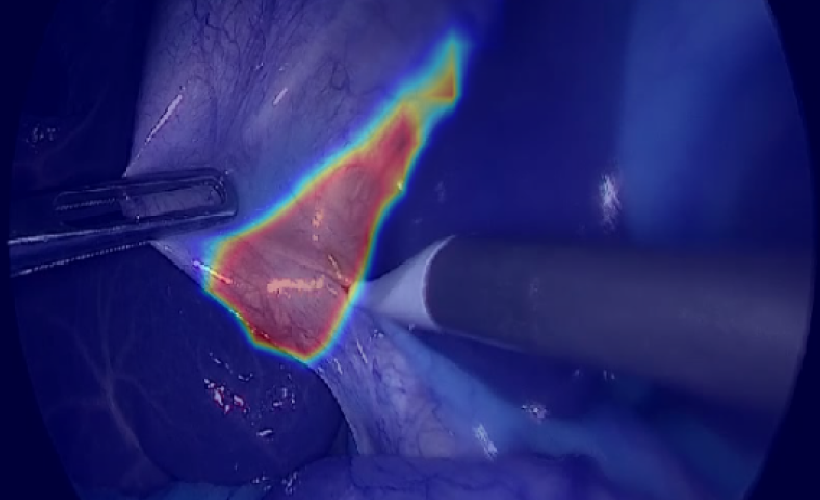April 29, 2022
Reduction in miss rate of Pre-Cancerous Polyps in AI-Assisted Colonoscopy
The use of artificial intelligence (AI) in colonoscopy reduced the miss rate of pre-cancerous polyps by twofold, a randomized research discovered. The research led by Michael B. Wallace, MD, PhD, of the Mayo Clinic in Jacksonville, Florida, and Sheikh Shakhbout Medical City in Abu Dhabi, United Arab Emirates shows significantly lower adenoma miss rate (AMR) in first-time recipients of computer-aided colonoscopy compared to those who first received a standard colonoscopy (16% vs 32%; adjusted odds ratio [aOR] 0.38, 95% CI 0.23-0.62).

The AI-first group results demonstrated lower AMR for diminutive (≤5 mm) polyps (16% vs 36% with standard colonoscopy) and non-polypoid lesions (17% vs 46%, respectively), and for lesions in the proximal (18% vs 33%) and distal (11% vs 32%) colon, as reported in Gastroenterology.
Wallace's studies has previously shown that the AI technology used in the present study, GI Genius (authorized by the FDA last year), boosted adenoma detection rates.
Between February 2020 and May 2021, Wallace and colleagues included 230 patients undergoing screening or surveillance colonoscopy at eight facilities in the United States, the United Kingdom, and Italy. On the same day, patients were randomized to get two white-light colonoscopies. The sequencing of the procedures was the only difference: standard colonoscopy followed by another colonoscopy with AI (n=114) or AI colonoscopy followed by standard colonoscopy (n=116). Adults aged 45 and up who were at average risk of colorectal cancer took part in the study.
Overall, 493 adenomas were detected and removed in both groups, 246 in the AI-first group and 247 in the standard colonoscopy first group. In the AI-first group, 38 additional adenomas were detected on standard colonoscopy, and in the standard colonoscopy first group, another 80 adenomas were detected during the AI-based colonoscopy.
The AI-first colonoscopy group had a lower false negative rate (7% vs 30%) as well as a lower mean number of adenomas and carcinomas (0.33 vs 0.70) detected on second colonoscopy.
Although the introduction of AI-assisted technology may cause concern in terms of time and expenses spent, utilizing some sort of AI in colonoscopy seems to be where the industry will move.
In order to maximize its potential, medical AI models must be trained on quality data with pixel perfect image annotation. Medical Data Cloud is participating in this AI-powered technological progress by providing researchers with high-quality, custom datasets and highly accurate and affordable image annotation.
References:
- AI-Assisted Colonoscopy Missed Fewer Pre-Cancerous Polyps- by Zaina Hamza, Staff Writer, MedPage Today April 20, 2022
- Wallace MB, et al "Impact of artificial intelligence on miss rate of colorectal neoplasia" Gastroenterol
- Alessandro Repici MD, Efficacy of Real-Time Computer-Aided Detection of Colorectal Neoplasia in a Randomized Trial
- AI's Help in Colonoscopy Led to Fewer Missed Adenomas - by Zaina Hamza, Staff Writer, MedPage Today September 15, 2021

